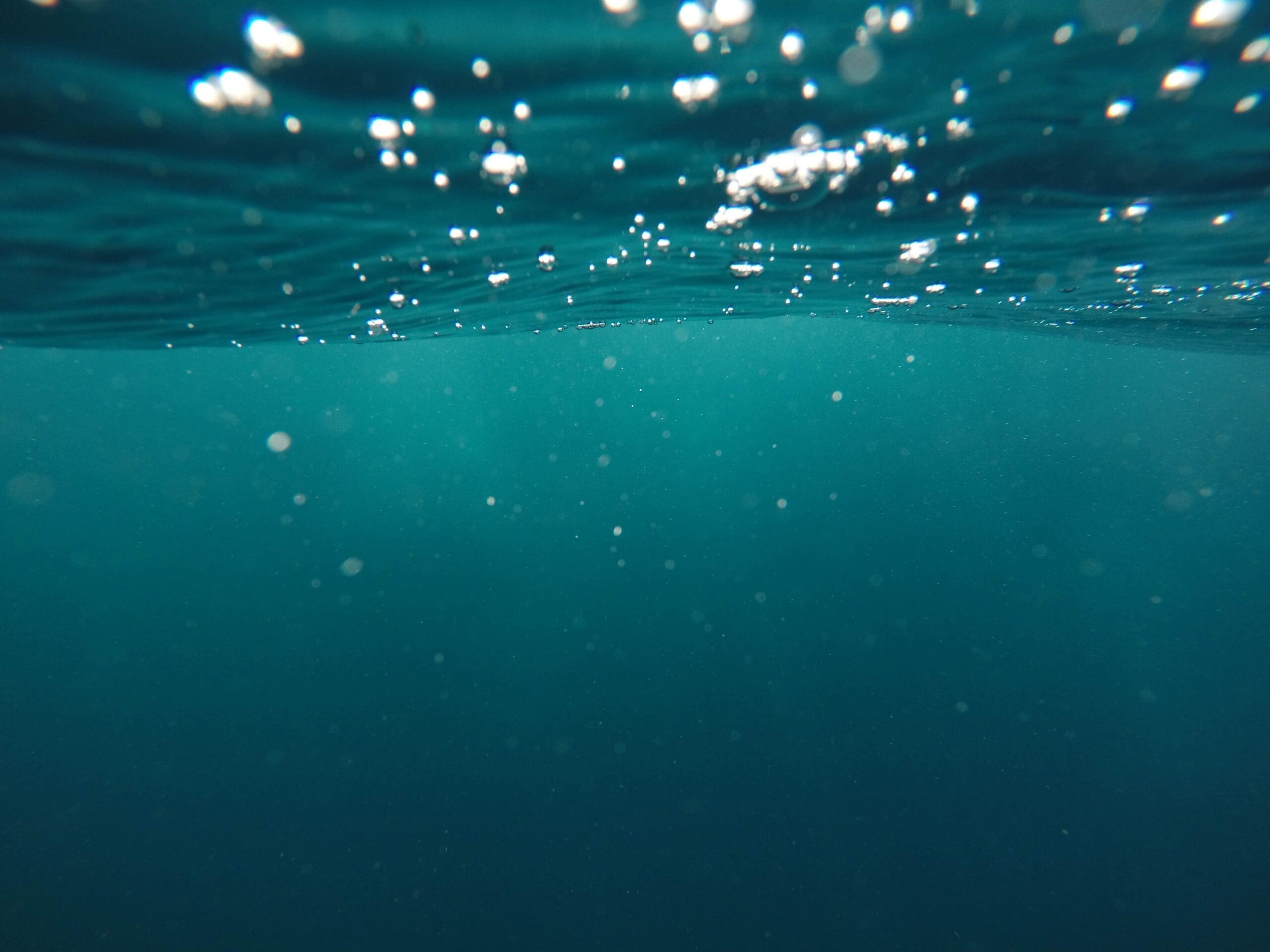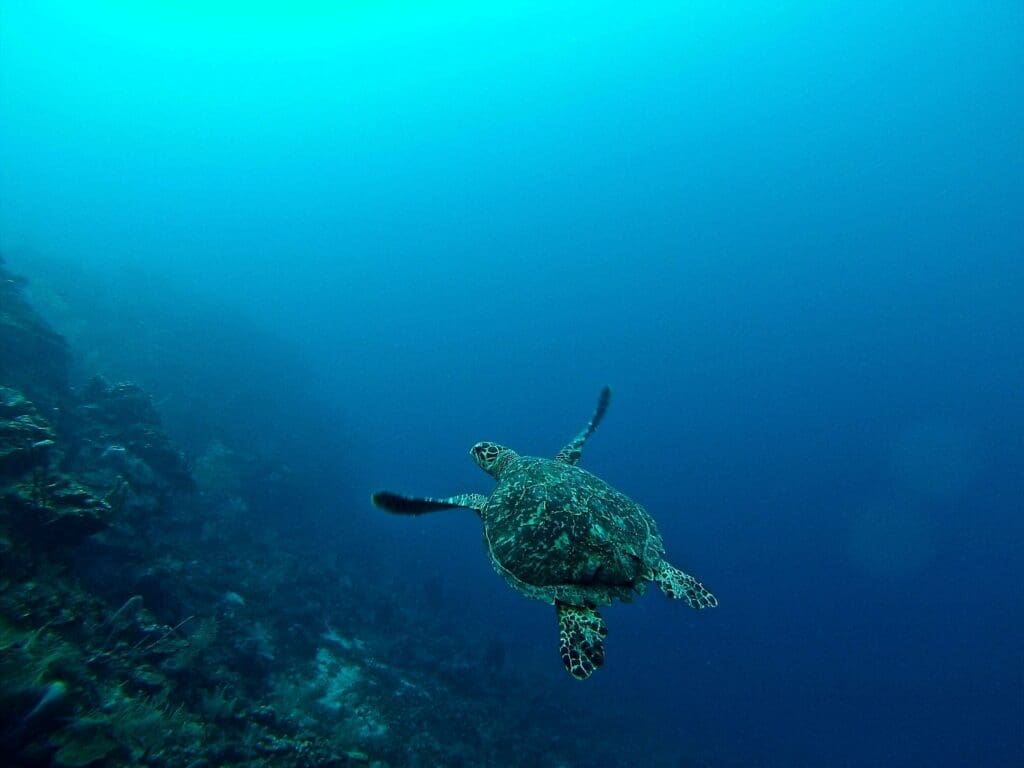SEA MATE
SEA MATE is a pilot project spearheaded by the College of Engineering and Applied Sciences at Stony Brook University to develop an electrochemical approach to mitigate ocean acidification and enhance ocean carbon sequestration. The project is led by Dr. Matthew Eisaman, assistant professor in the Department of Electrical and Computer Engineering at Stony Brook. In the pilot, SEA MATE is exploring the restoration of ocean chemistry through the electrochemical removal of acid which, in the process, will capture atmospheric carbon dioxide into the stable form of bicarbonate.
An Ocean Visions’ Expert Team has been assembled to serve as advisors in the research and development phase, providing scientific guidance, input, and, ultimately, evaluation on the design of experiments, data analysis, hypothesis testing, and safe operating thresholds. The Ocean Visions’ Expert Team will also provide third-party review of the results of the SEA MATE research and development plan.


